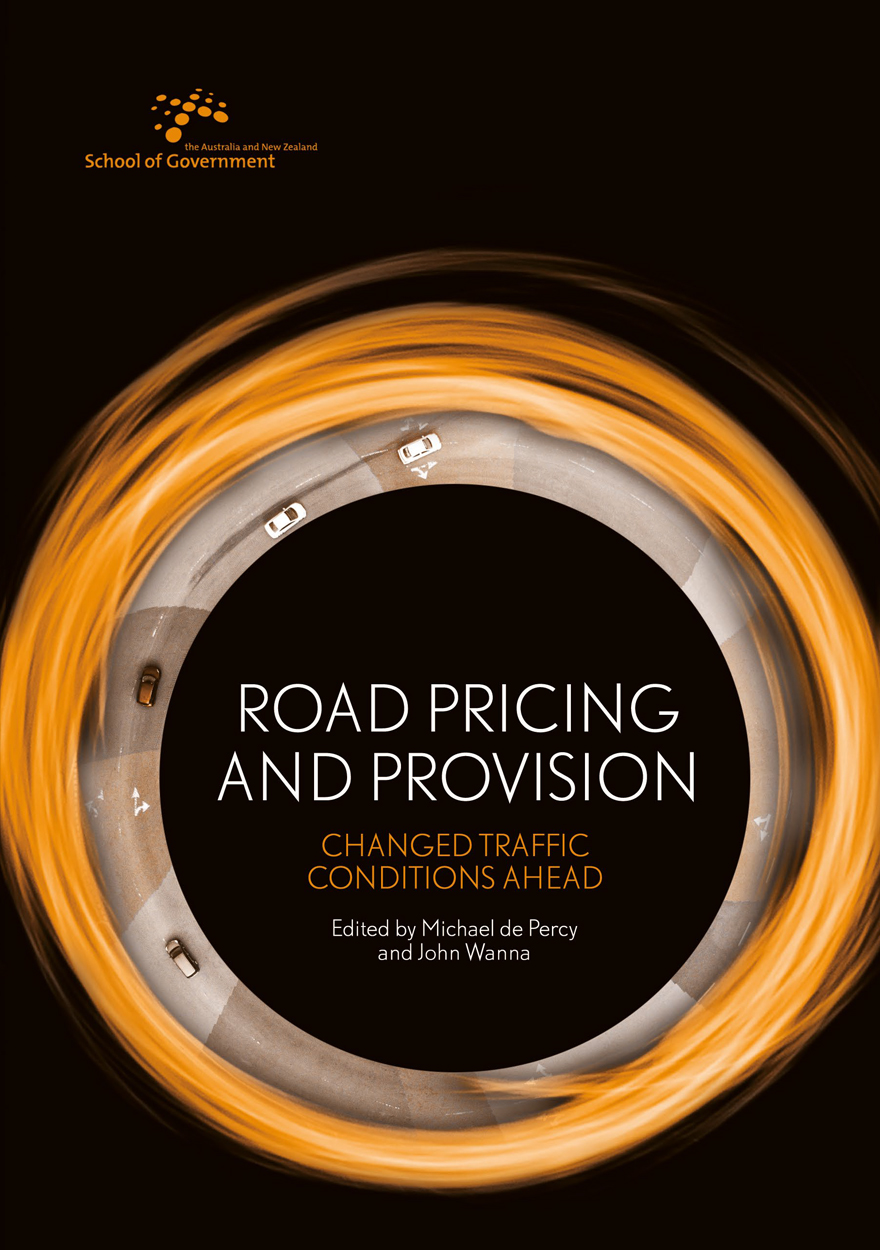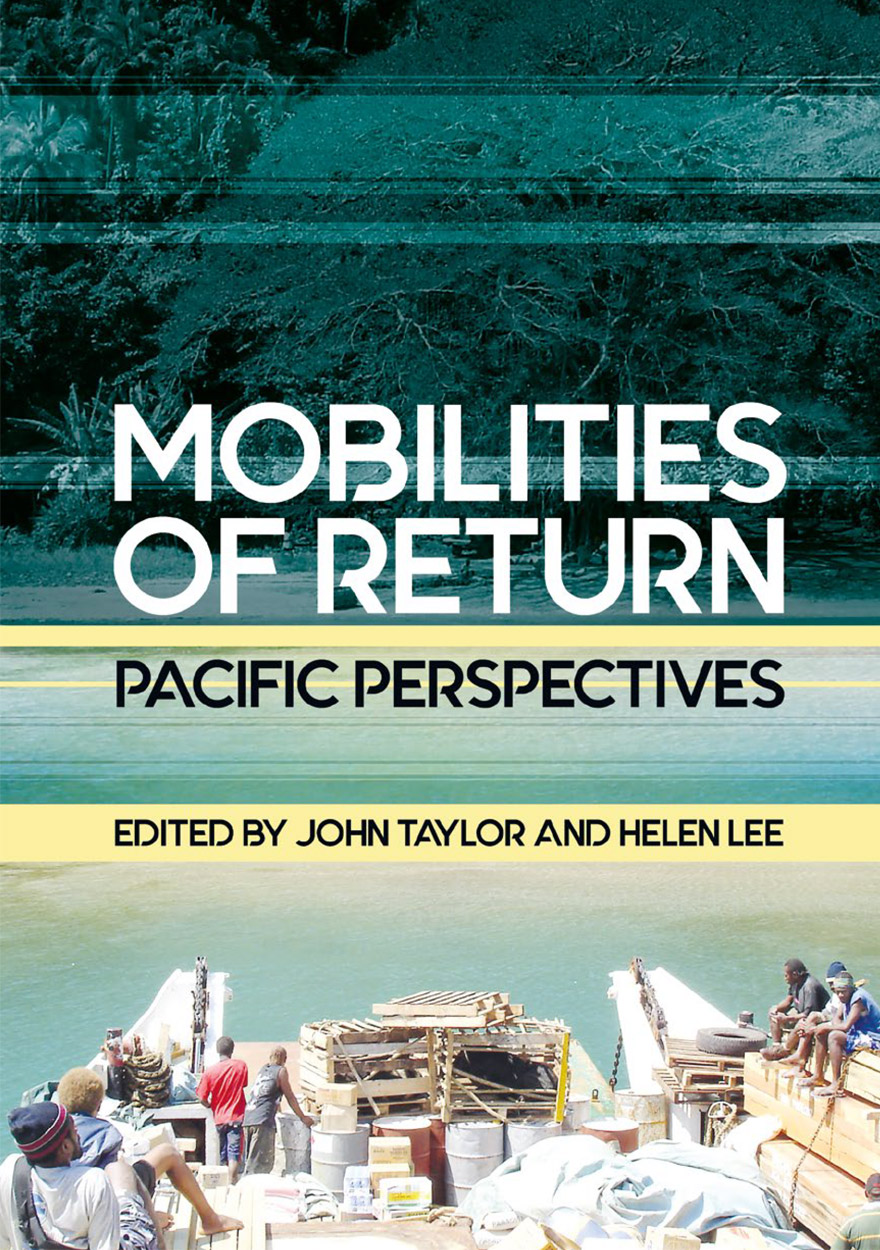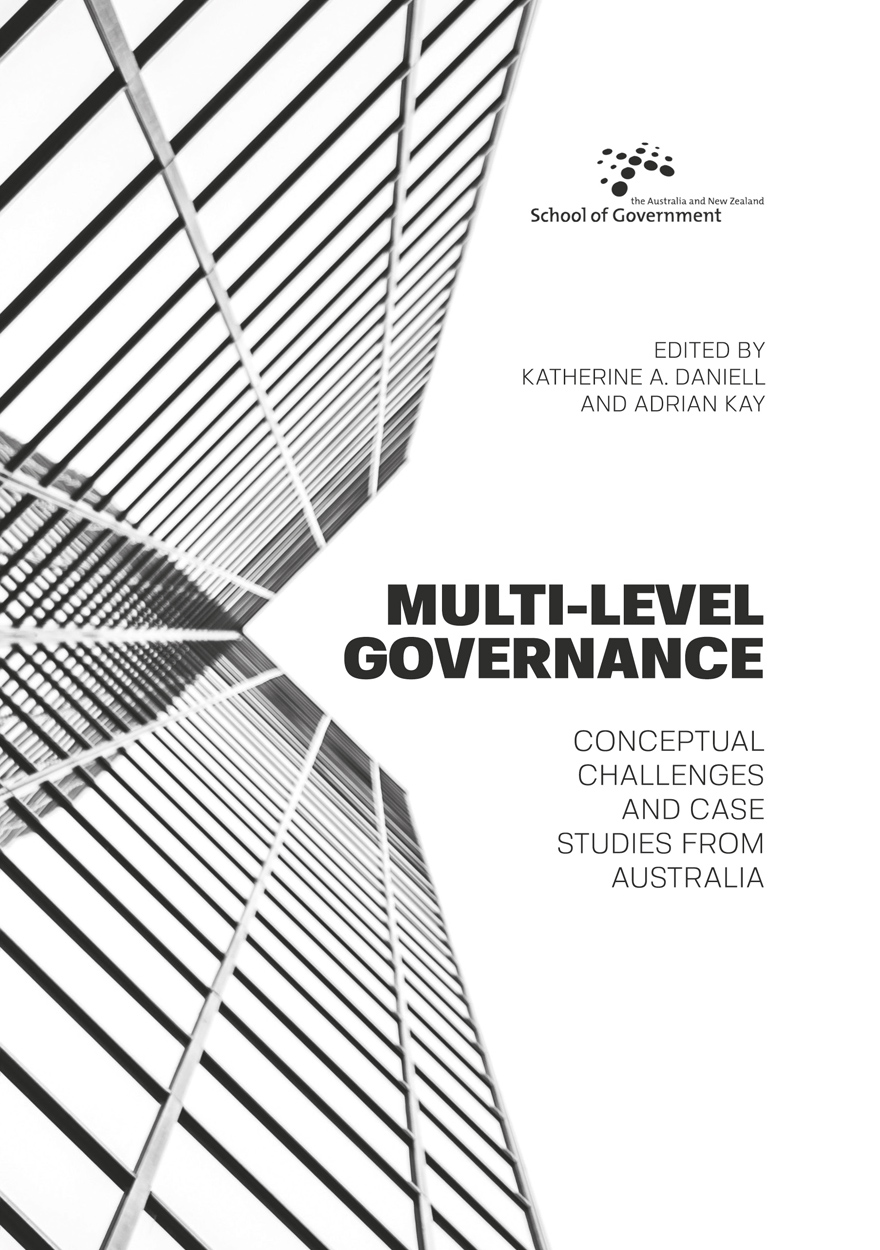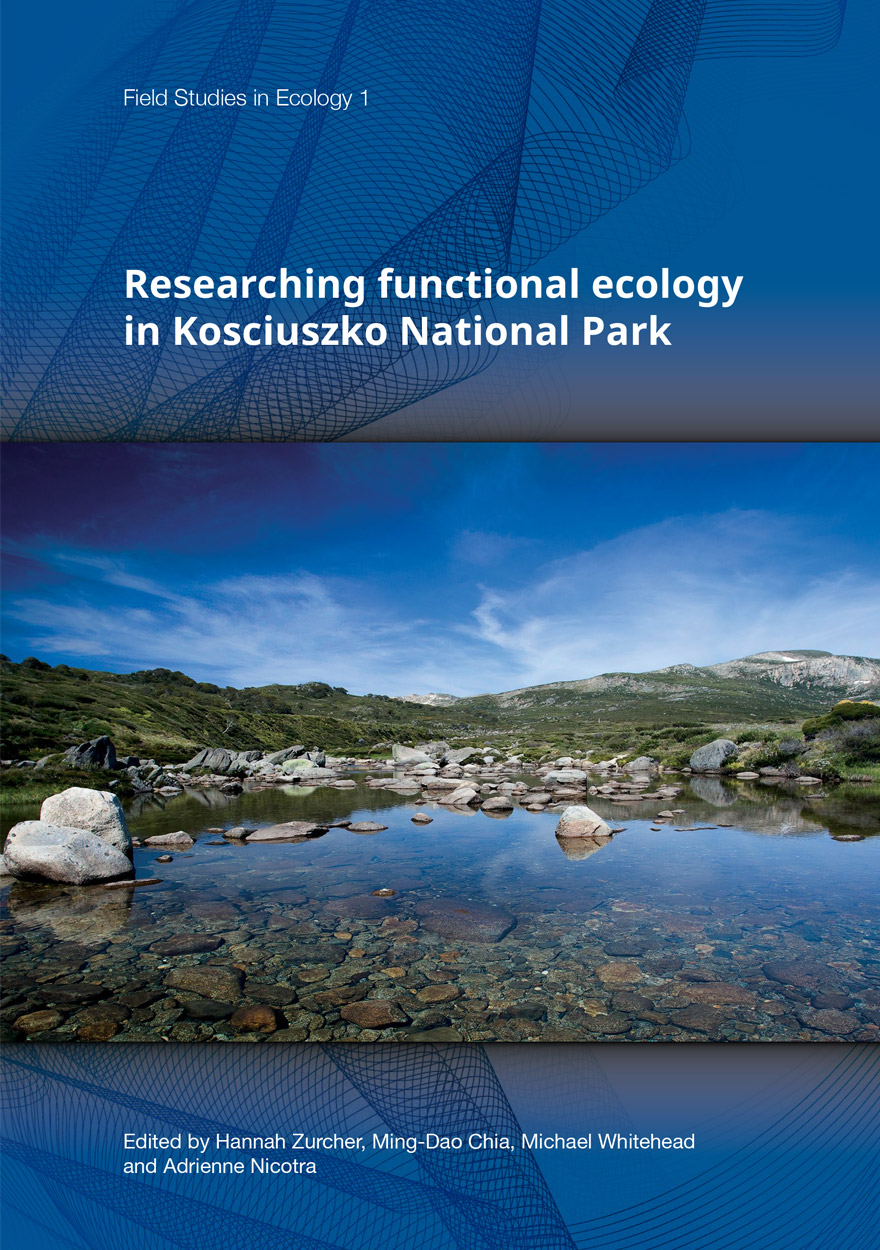
Disciplining Interdisciplinarity
Integration and Implementation Sciences for Researching Complex Real-World Problems
Authored by: Gabriele BammerPlease read Conditions of use before downloading the formats.
Description
This book provides collaborative research teams with a systematic approach for addressing complex real-world problems like widespread poverty, global climate change, organised crime, and escalating health care costs. The three core domains are
- Synthesising disciplinary and stakeholder knowledge,
- Understanding and managing diverse unknowns, and
- Providing integrated research support for policy and practice change.
Each of these three domains is organised around five questions
- For what and for whom?
- Which knowledge, unknowns and aspects of policy or practice?
- How?
- Context?
- Outcome?
This simple framework lays the foundations for developing compilations of concepts, methods and case studies about applying systems thinking, scoping and boundary setting, framing, dealing with values, harnessing and managing differences, undertaking dialogue, building models, applying common metrics, accepting unknowns, advocacy, end-user engagement, understanding authorisation, dealing with organisational facilitators and barriers, and much more.
The book makes a case for a new research style—integrative applied research—and a new discipline of Integration and Implementation Sciences or I2S. It advocates for progressing these through an I2S Development Drive. It builds on theory and practice-based research in multi-, inter- and transdisciplinarity, post-normal science, systemic intervention, integrated assessment, sustainability science, team science, mode 2, action research and other approaches.
The book concludes with 24 commentaries by Simon Bronitt; L. David Brown; Marcel Bursztyn and Maria Beatriz Maury; Lawrence Cram; Ian Elsum; Holly J. Falk-Krzesinski; Fasihuddin; Howard Gadlin and L. Michelle Bennett; Budi Haryanto; Julie Thompson Klein; Ted Lefroy; Catherine Lyall; M. Duane Nellis; Linda Neuhauser; Deborah O’Connell with Damien Farine, Michael O’Connor and Michael Dunlop; Michael O’Rourke; Christian Pohl; Merritt Polk; Alison Ritter; Alice Roughley; Michael Smithson; Daniel Walker; Michael Wesley; and Glenn Withers. These begin a process of appraisal, discussion and debate across diverse networks.
Details
- ISBN (print):
- 9781922144270
- ISBN (online):
- 9781922144287
- Publication date:
- Jan 2013
- Imprint:
- ANU Press
- DOI:
- http://doi.org/10.22459/DI.01.2013
- Disciplines:
- Science: Environmental Sciences; Social Sciences: Sociology
- Countries:
- World
PDF Chapters
Disciplining Interdisciplinarity »
Please read Conditions of use before downloading the formats.
- Preliminary Pages (PDF, 264KB)
- Guide to Commentaries by Author (alphabetical) (PDF, 93KB)
- Preface (PDF, 131KB)
Setting the Scene
- The Challenge and a New Approach (PDF, 142KB)
- Getting Specific: Three domains, a five-question framework and the overall approach (PDF, 195KB)
Domain 1. Synthesising Disciplinary and Stakeholder Knowledge
- Introduction (PDF, 146KB)
- For What and for Whom? (PDF, 91KB)
- Which Knowledge? (PDF, 119KB)
- How? (PDF, 125KB)
- Context? (PDF, 104KB)
- Outcome? (PDF, 90KB)
- Specialising in I2S (PDF, 109KB)
Domain 2. Understanding and Managing Diverse Unknowns
- Introduction (PDF, 230KB)
- For What and for Whom? (PDF, 90KB)
- Which Unkowns? (PDF, 124KB)
- How? (PDF, 116KB)
- Context? (PDF, 96KB)
- Outcome? (PDF, 90KB)
- Specialising in I2S (PDF, 102KB)
Domain 3. Providing Integrated Research Support for Policy and Practice Change
- Introduction (PDF, 147KB)
- For What and for Whom? (PDF, 68KB)
- Which Aspects of Policy and Practice? (PDF, 162KB)
- How? (PDF, 168KB)
- Context? (PDF, 98KB)
- Outcome? (PDF, 93KB)
- Specialising in I2S (PDF, 114KB)
I2S As A Whole
- Introduction (PDF, 131KB)
- For What and for Whom? (PDF, 88KB)
- Which Knowledge, Unknowns and Aspects of Policy and Practice? (PDF, 159KB)
- How? (PDF, 156KB)
- Context? (PDF, 111KB)
- Outcome? (PDF, 112KB)
- Specialising in I2S (PDF, 129KB)
Moving Forward
- A View of the Future (PDF, 138KB)
- How I2S Functions as a Discipline (PDF, 139KB)
- The Relationship of Integrative Applied Research and I2S to Multidisciplinarity and Transdisciplinarity (PDF, 141KB)
- The Scope and Feasibility of the I2S Development Drive (PDF, 199KB)
Commentaries
- Rationale and Key Themes (PDF, 160KB)
- An I2S Discipline: Legitimate, viable, useful? (PDF, 136KB) – Daniel Walker
- Integration and Implementation Research: Would CSIRO contribute to, and benefit from, a more formalised I2S approach? (PDF, 396KB) – Deborah O’Connell, with Damien Farine, Michael O’Connor and Michael Dunlop
- I2S: Prescriptive, descriptive or both? (PDF, 153KB) – Michael Smithson
- I2S Needs Theory as Well as a Toolkit (PDF, 120KB) – Alison Ritter
- Implementing Integration in Research and Practice (PDF, 92KB) – Alice Roughley
- Building I2S into an Academic Program (PDF, 142KB) – Lawrence Cram
- The Institutional Challenges of Changing the Academic Landscape (PDF, 148KB) – Catherine Lyall
- The Brazilian Experience with Institutional Arrangements for Interdisciplinary Graduate Programs: I2S may provide a way forward (PDF, 118KB) – Marcel Bursztyn and Maria Beatriz Maury
- Building Integration and Implementation Sciences: Five areas for development (PDF, 139KB) – L. David Brown
- From the Classroom to the Field: Reflections from a Pakistani law-enforcement perspective (PDF, 130KB) – Fasihuddin
- Moving Competitive Integrated Science Forward: A US land grant research university perspective (PDF, 138KB) – M. Duane Nellis
- Interdisciplinary Research is about People as well as Concepts and Methods (PDF, 151KB) – Ted Lefroy
- Creating the New University (PDF, 86KB) – Glenn Withers
- Beyond ‘Dialogues of the Deaf’: Re-imagining policing and security research for policy and practice (PDF, 147KB) – Simon Bronitt
- Applying the I2S Framework to Air Pollution and Health in Indonesia (PDF, 123KB) – Budi Haryanto
- Integration and Implementation in Action at Mistra-Urban Futures: A transdisciplinary centre for sustainable urban development (PDF, 282KB) – Merritt Polk
- Philosophy as a Theoretical Foundation for I2S (PDF, 129KB) – Michael O’Rourke
- Interdisciplinarity without Borders (PDF, 141KB) – Howard Gadlin and L. Michelle Bennett
- When the Network Becomes the Platform (PDF, 112KB) – Julie Thompson Klein
- Tackling Integrative Applied Research: Lessons from the management of innovation (PDF, 150KB) – Ian Elsum
- The Fourth Frontier (PDF, 94KB) – Michael Wesley
- How Theory Can Help Set Priorities for the I2S Development Drive (PDF, 103KB) – Christian Pohl
- I2S and Research Development Professionals: Time to develop a mutually advantageous relationship (PDF, 134KB) – Holly J. Falk-Krzesinski
- Integration and Implementation Sciences: How it relates to scientific thinking and public health strategies (PDF, 159KB) – Linda Neuhauser
Other publications that may interest you













